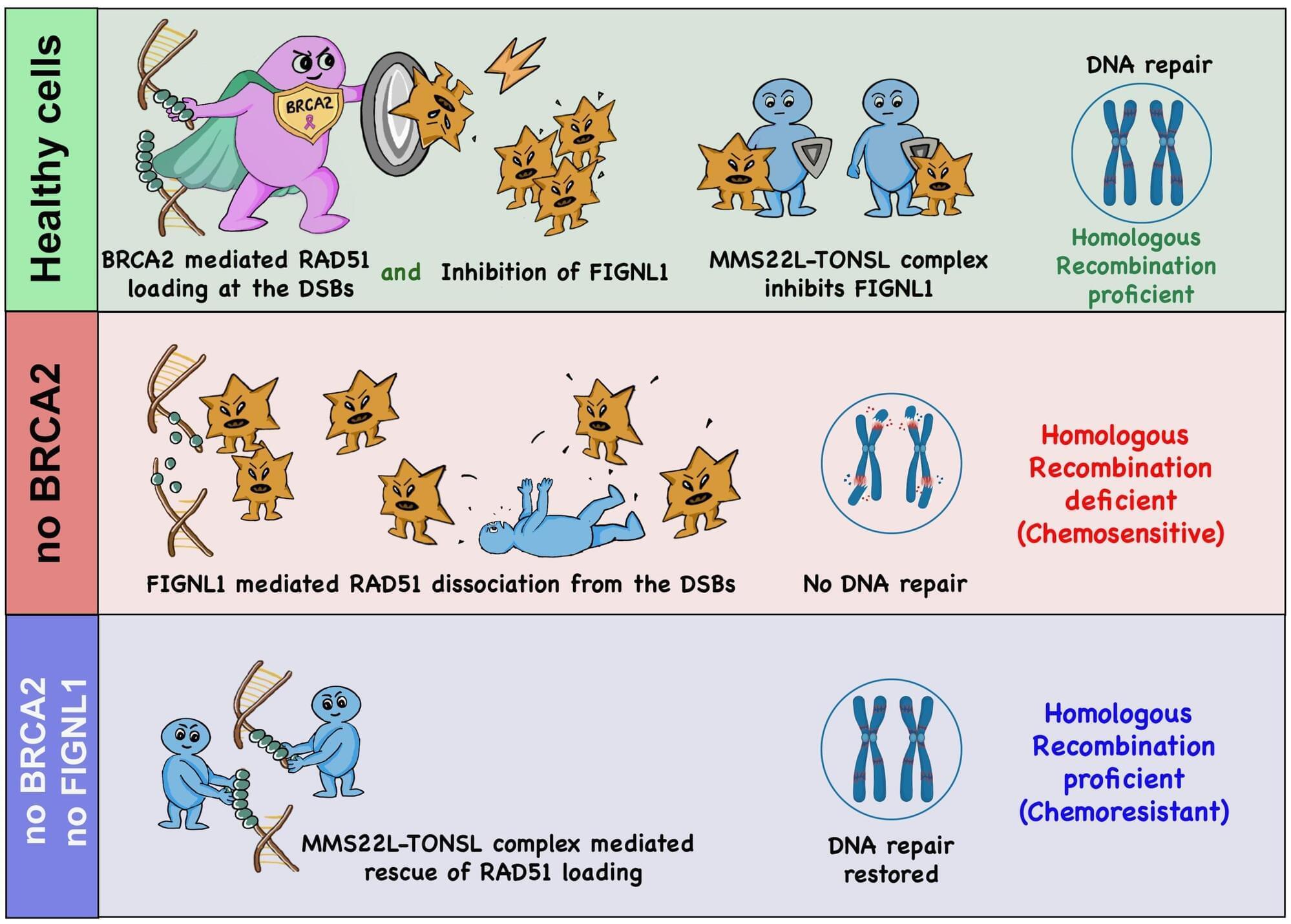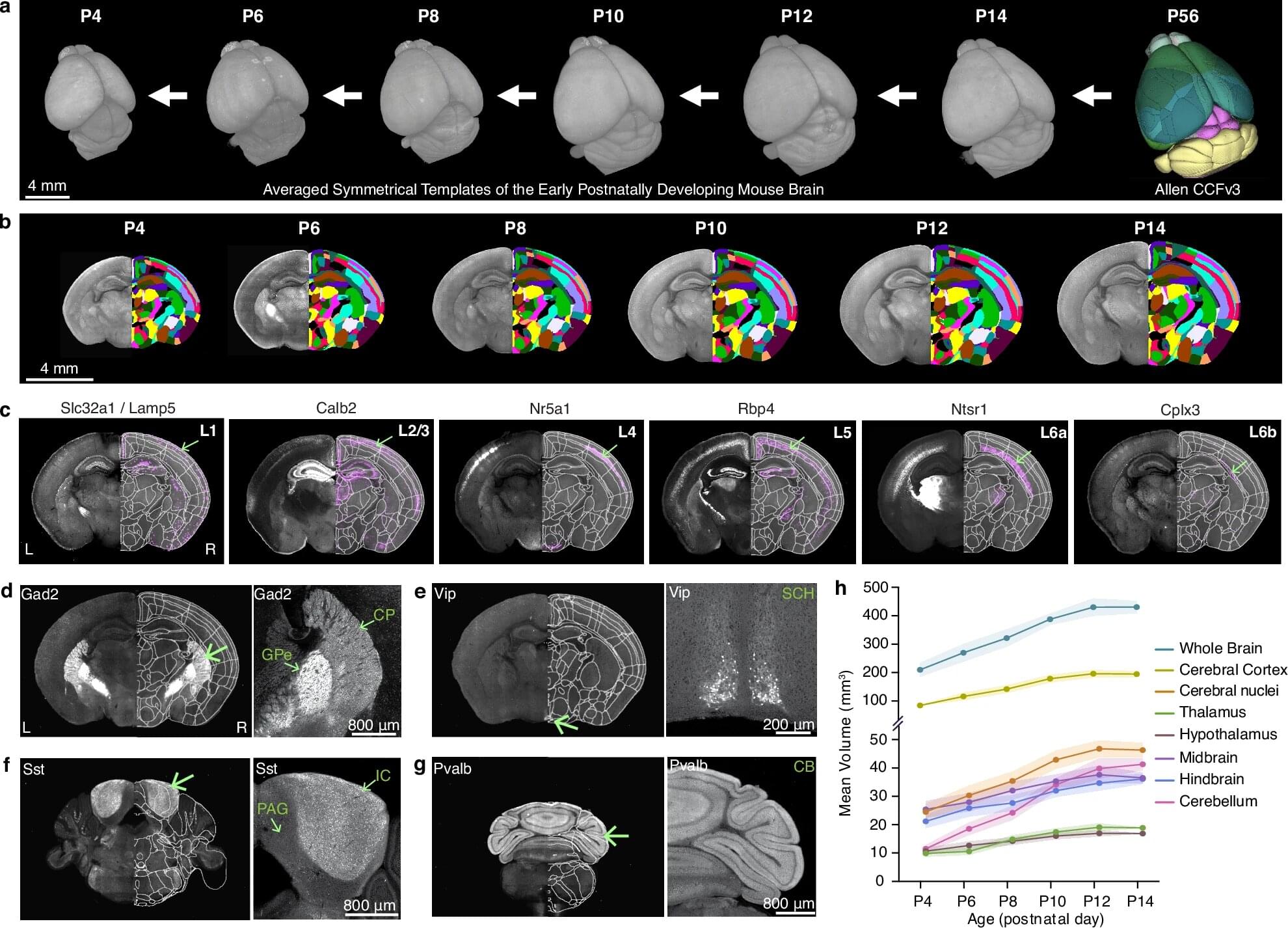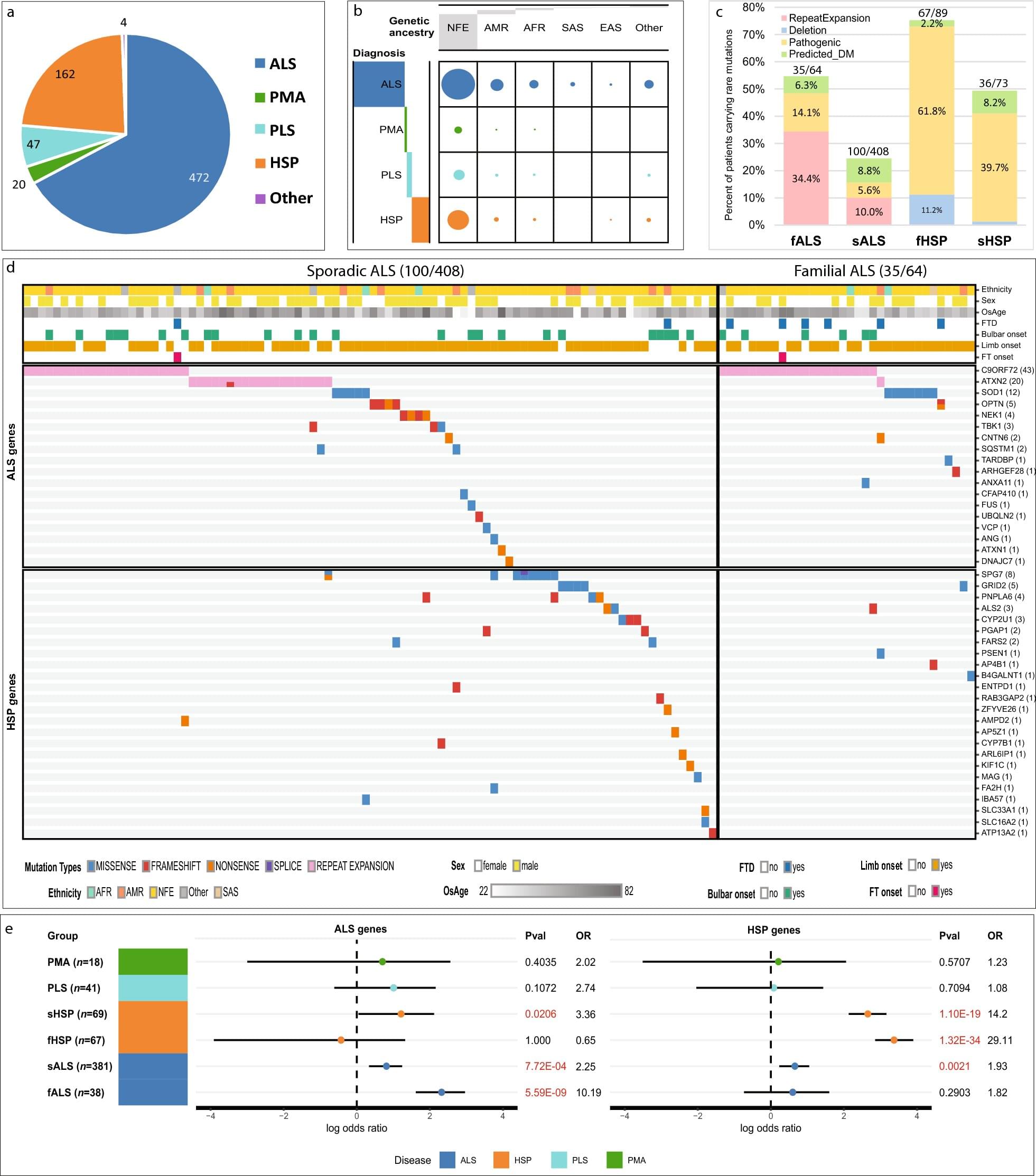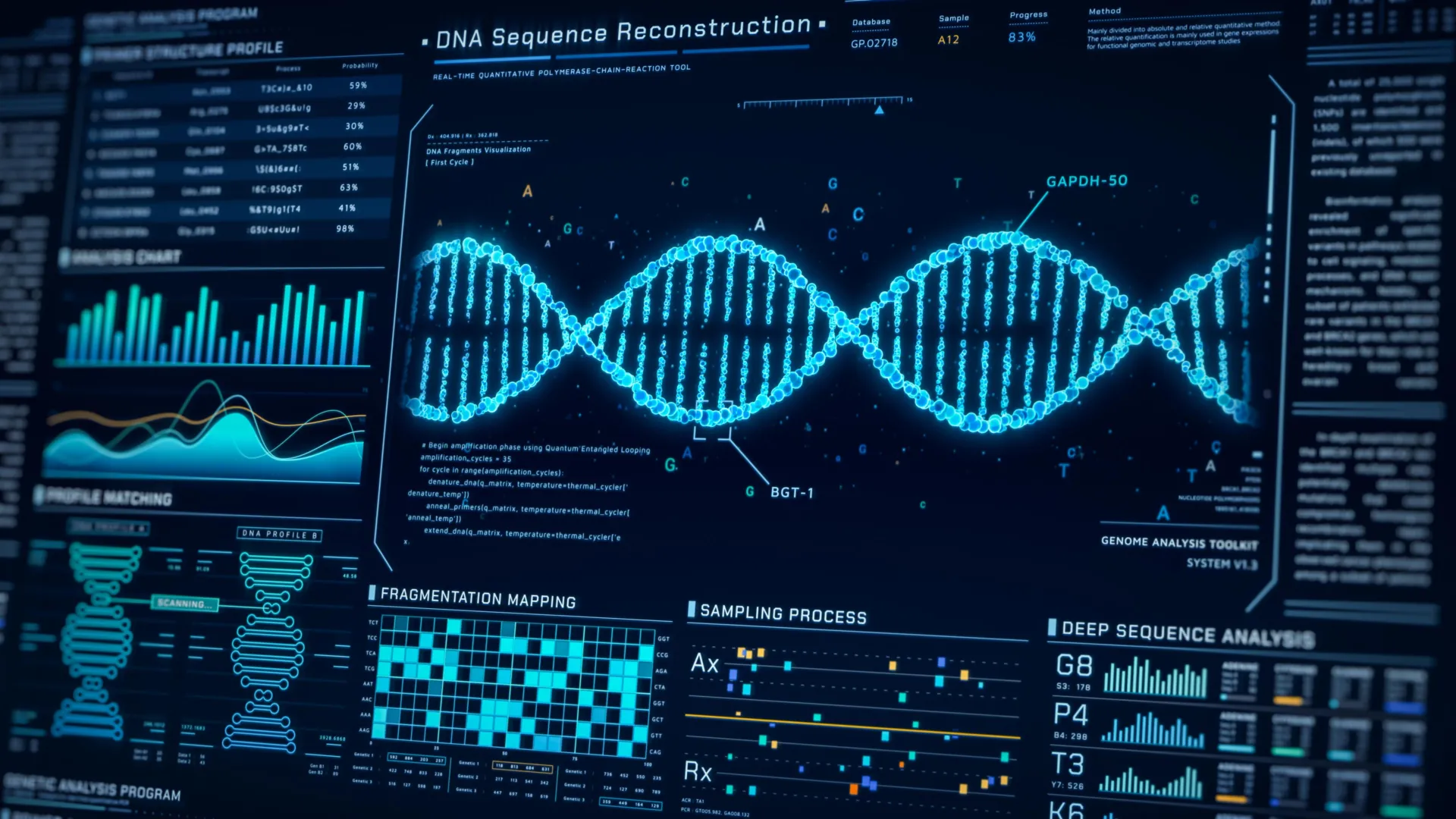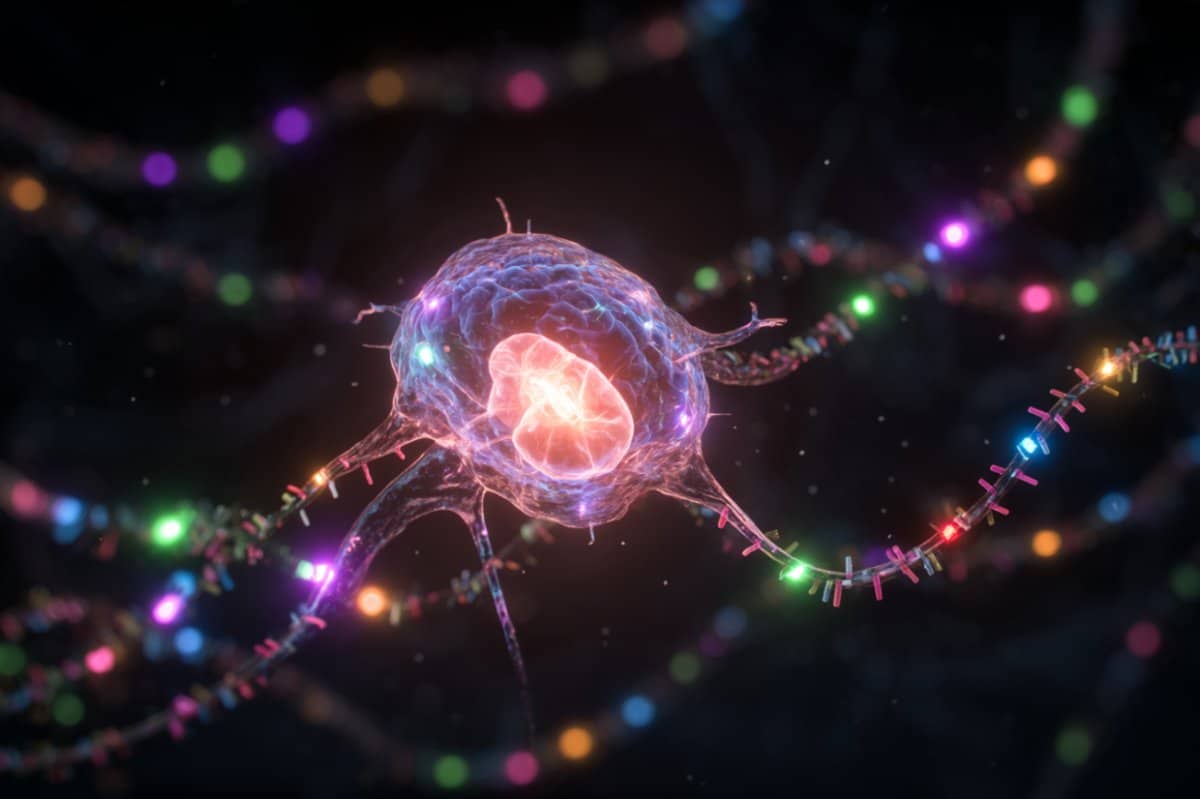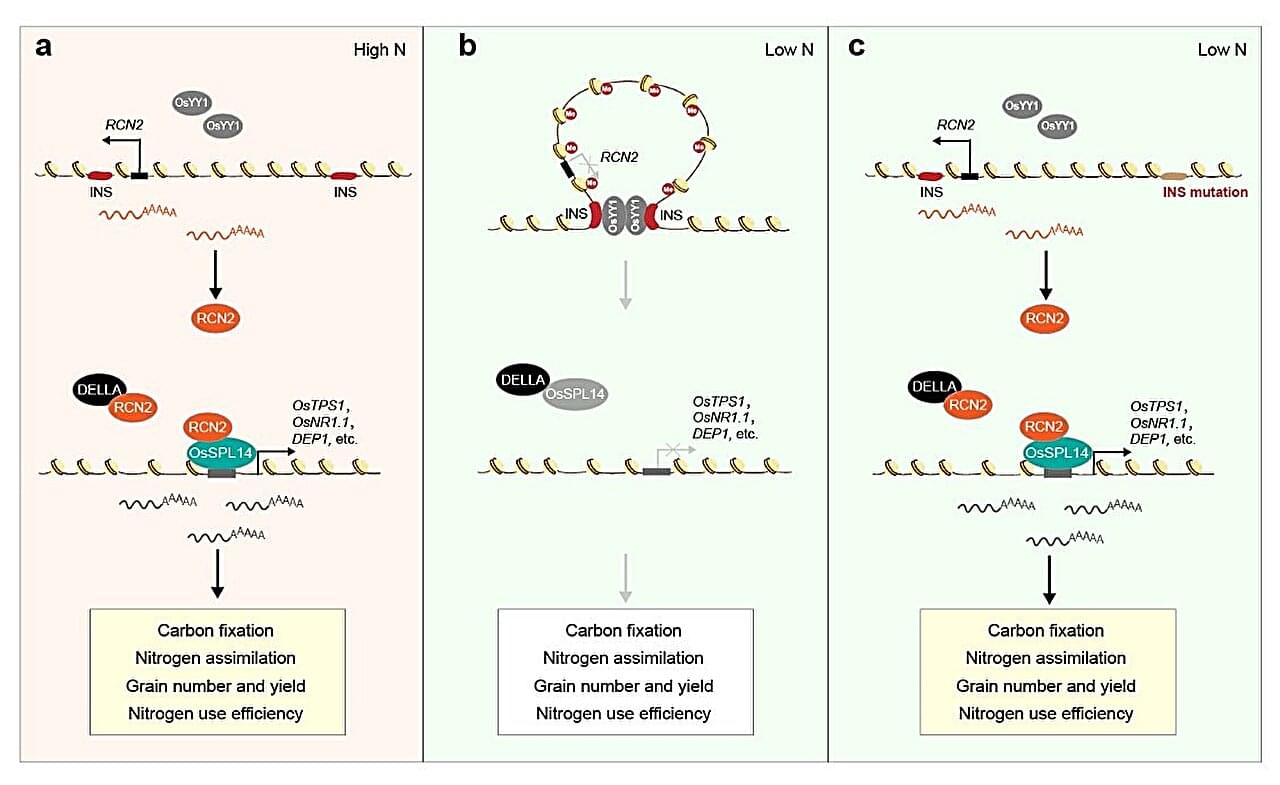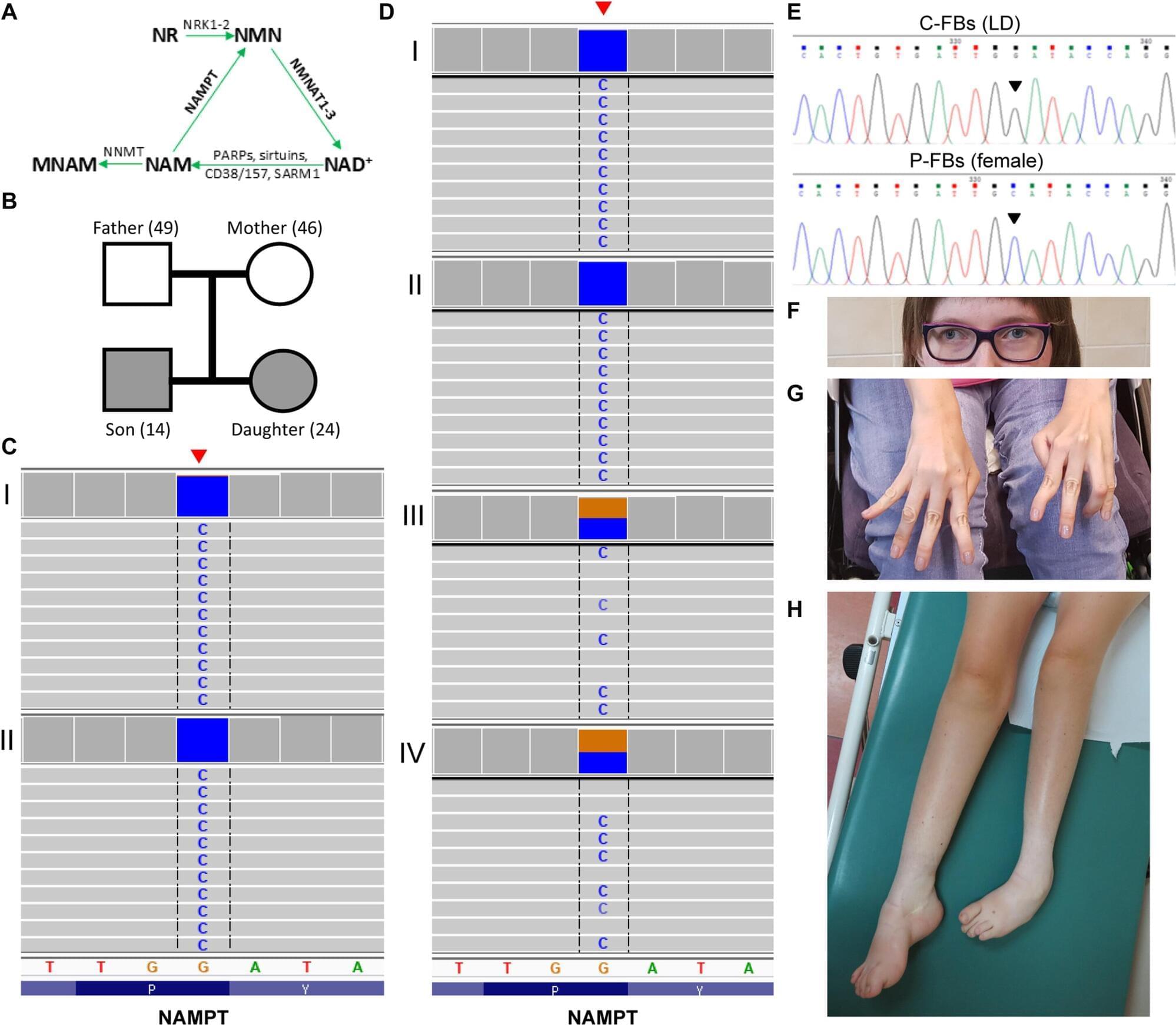Chronic traumatic encephalopathy (CTE)—most often found in athletes playing contact sports—is known to share similarities with Alzheimer’s disease (AD), namely the buildup of a protein called tau in the brain.
New research published in Science finds even more commonalities between the two at the genetic level, showing CTE (like AD) is linked to damage to the genome and not just caused by repeated head impact (RHI).
The research team, a collaboration between Boston Children’s Hospital, Mass General Brigham, and Boston University, used single-cell genomic sequencing to identify somatic genetic mutations (changes in DNA that occur after conception and are not hereditary).

